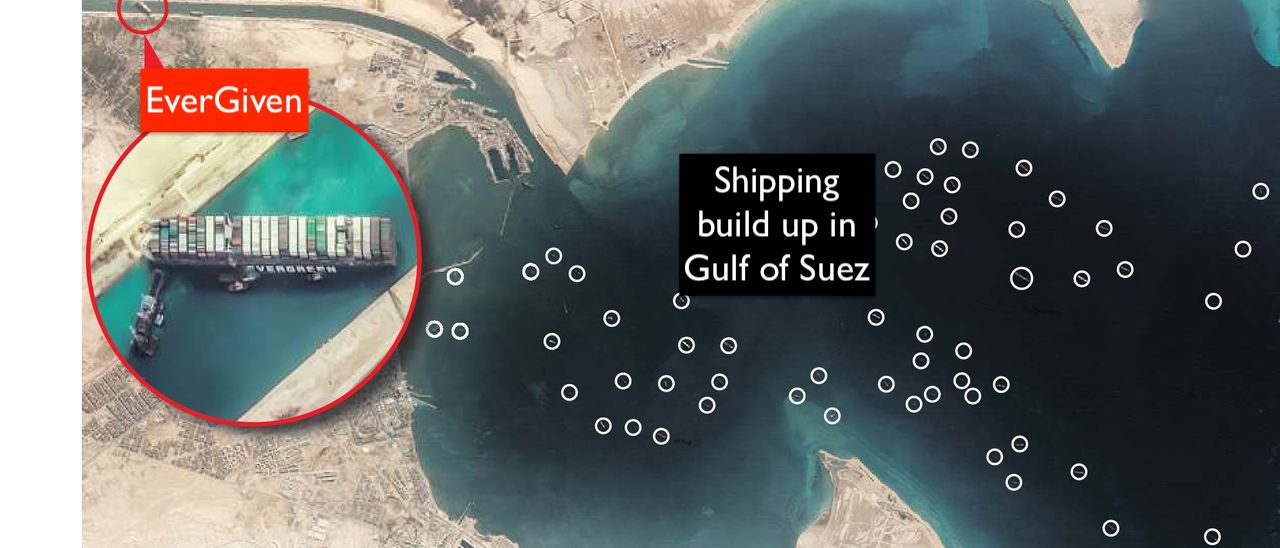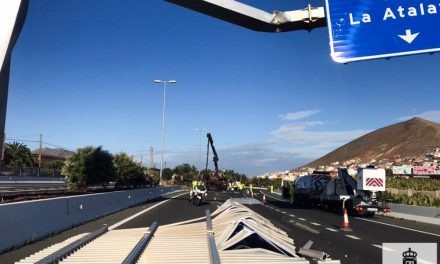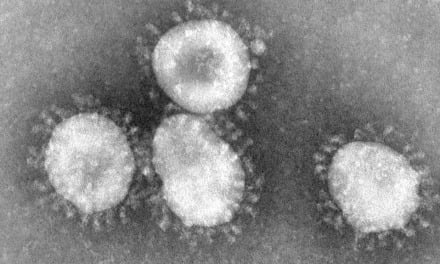Shipping companies have started sending ships via the main Las Palmas de Gran Canaria Port of La Luz to avoid the blockade in the Suez Canal. The president of the Port Authority of Las Palmas, Luis Ibarra, confirmed on Saturday that the capital will be one of the beneficiaries in the commercial crisis caused by the Ever Given accident, caused when the large container ship ran aground last Thursday in the famous Egyptian canal. Freight companies have signalled that they now intend to avoid the growing maritime traffic jam that has formed in the Red Sea by instead skirting the African coasts, making the Canary Islands a stopover on their merchant trips headed for the ports of central Europe, mainly Rotterdam, Amsterdam, Antwerp and Hamburg.
“It is too early to know the real scope of this crisis because everything depends on the time it takes to resolve the accident,” said Ibarra, “but everything that passes through the Cape of Good Hope [South Africa] will be beneficial to us.” For the moment, he stressed that companies have already confirmed that several ships from Asia will pass through the Islands, with a final destination in Europe, with freighters with capacity for 12,000 containers.
The capital of Gran Canaria will be a stopover in the transit of goods between continents, which would usually take the shorter route via Suez, although we will not be able to handle mega freighters such as the stricken one currently blocking the canal, as Las Palmas does not currently have cranes capable of operating with vessels carrying up to 24,000 teus (containers). The ships will unload containers that were destined for Mediterranean ports on the Island, which will then be sent on to their final destination. This stop will allow companies to avoid having make even larger detours towards the Strait of Gibraltar. The Puerto La Luz is better positioned than most others, in Algeria, Morroco or Portugal, according to Ibarra. “The location of Las Palmas is perfect in this regard,” he stressed.
The commercial crisis unleashed by Ever Given will offer benefit to the island, not only in the movement of containers through the different terminals of La Luz, but also in the supply of fuel. Sources from the oil company Oryx pointed out that the situation in the Suez Canal “may be positive” for their facilities on Gran Canaria, but everything will depend on the time that the sea passage remains blocked and the subsequent unblocking of the vessels currently built up in the Red Sea. The La Esfinge pier at the port has sufficient draft to moor oil tankers of almost 300 meters in length.
Sources consulted by Spanish language daily La Provincia agree that it is still too early to know the extent of the current commercial crisis or effect it will have on maritime traffic in La Luz. No date has yet been suggested for the unblocking of the canal; and once the accident is resolved, the Suez passage must be decongested. Shipping companies have indicated that there are more than 200 container ships stuck in the area until further notice. On Monday new movements are expected from shipping companies after the weekend break.
Ibarra points out that the Port will see repercussions from the blockade in Suez by the middle of the week, since ships take an average of between seven and eight days to go around the African continent from Southeast Asia. “Everything will depend on how many companies choose to divert their ships, the products they transport, the urgency of the recipient,” said the president of the Las Palmas Port Authority.
The African route is, of course, more complicated than the Suez Canal alternative as it is longer and presents problems including the potential for piracy, especially for those ships that need to stop for refuelling. The distance between Singapore, the main shipping zone from Southeast Asia, to the Netherlands, by going round South Africa, is about 23,300 kilometres compared to the 16,400 usually travelled via Egypt. It is approximately 20,000 km from either Singapore or from Suez to The Canary Islands Archipelago .
Ibarra also pointed out that whatever happens next, the canary islands are unlikely to suffer any supply problems due to the accident, since ships that use the Suez Canal route are not normally carrying cargo destined for the Islands. In mainland Spain, however, the logistical consequences will be greater particularly for destinations in the Mediterranean. “A blockade like this interrupts the rotation of containers,” he explained, while highlighting that the situation will not last long, predictably, not more than a month.













